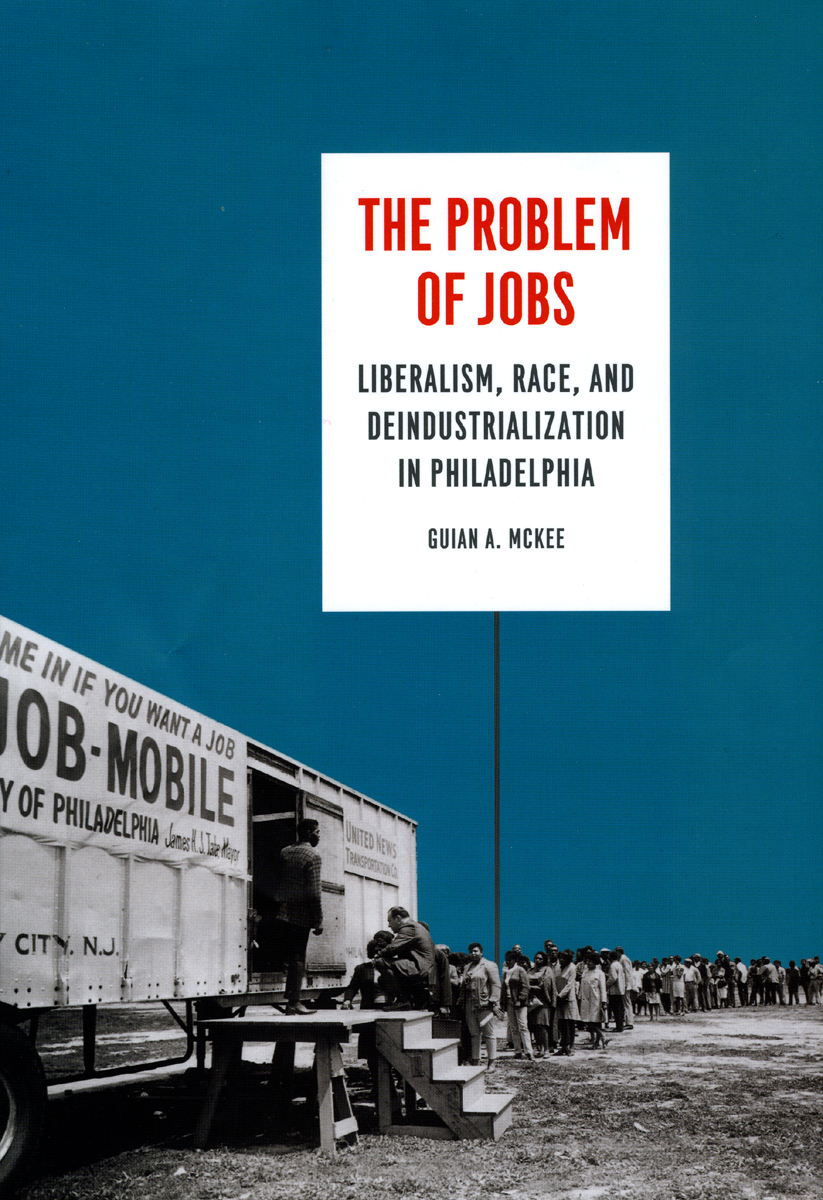Surviving the crises locally
 The auto industry’s struggles have headlined national news for the past couple of weeks, but they have been a local story for much longer than that. Michigan has been in recession for the past five years and has seen a steady loss of jobs every year since 2000. While policy makers in Washington continue to debate possible solutions to these kinds of problems, what’s going on at the local level, and what can be done about it?
The auto industry’s struggles have headlined national news for the past couple of weeks, but they have been a local story for much longer than that. Michigan has been in recession for the past five years and has seen a steady loss of jobs every year since 2000. While policy makers in Washington continue to debate possible solutions to these kinds of problems, what’s going on at the local level, and what can be done about it?
Guian McKee’s new The Problem of Jobs provides a germane history lesson. With a focus on Philadelphia, it illuminates the central role of local political and policy struggles in shaping the fortunes of city and citizen alike. In the process, it tells the remarkable story of how Philadelphia’s policymakers and community activists energetically worked to challenge deindustrialization through an innovative series of job retention initiatives, training programs, inner-city business development projects, and early affirmative action programs. Interpreting economic decline as an arena for intervention rather than a historical inevitability, The Problem of Jobs serves as a timely reminder of policy’s potential to combat inequality and joblessness.
A complementary local history of deindustrialization, Kathryn Marie Dudley’s The End of the Line tells the story of the 1988 closing of the Chrysler assembly plant in Kenosha, Wisconsin. Dudley uses interviews with residents to chart the often confusing process of change that deindustrialization forced on every corner of the community. This honest portrait of one town’s radical shift from a manufacturing to a postindustrial economy illuminates the kinds of human stories that continue to play out behind the financial headlines.